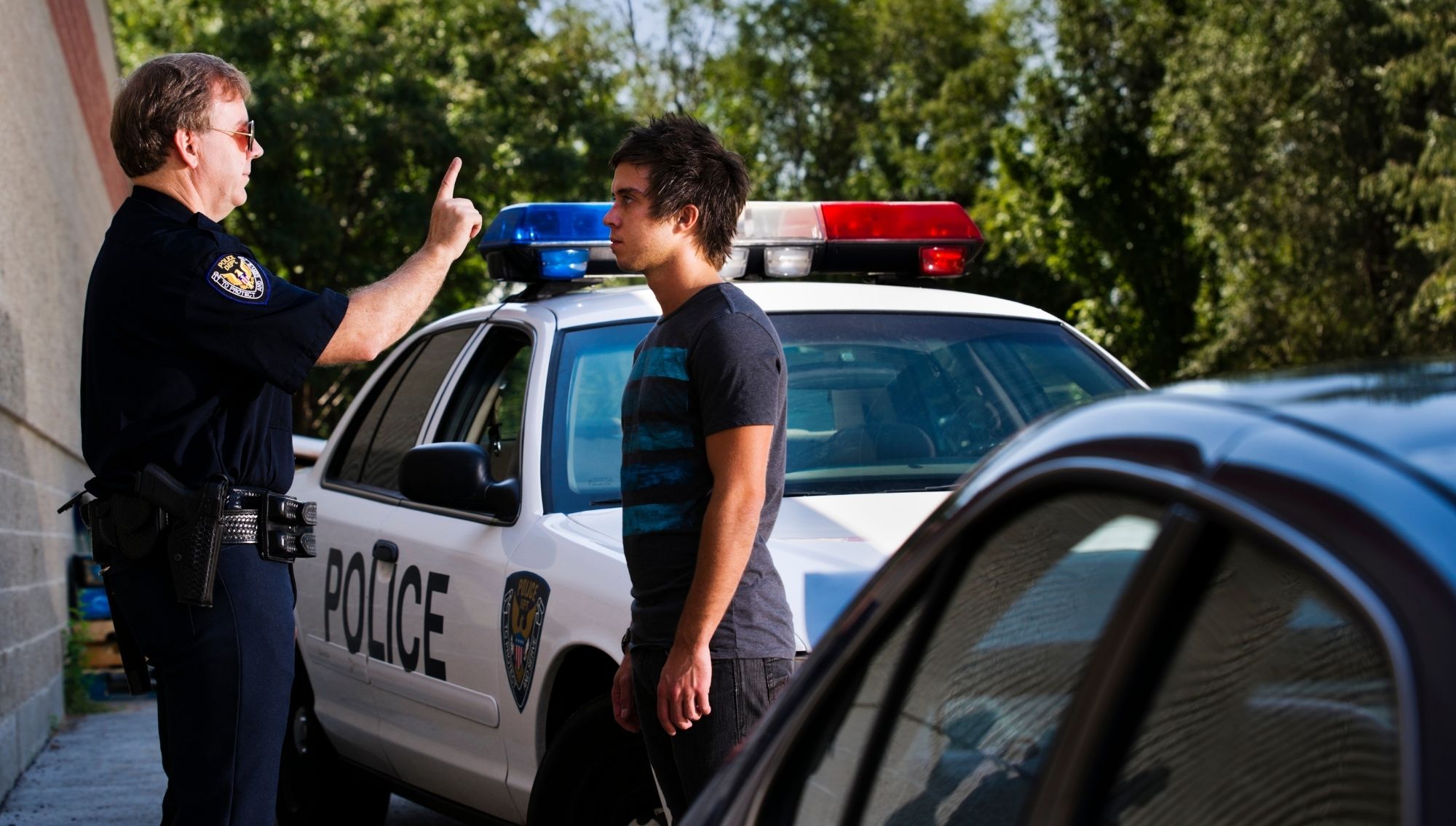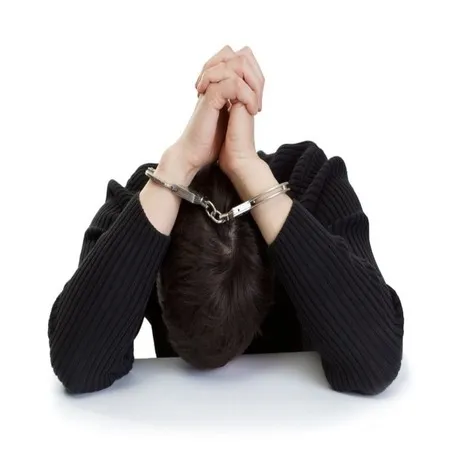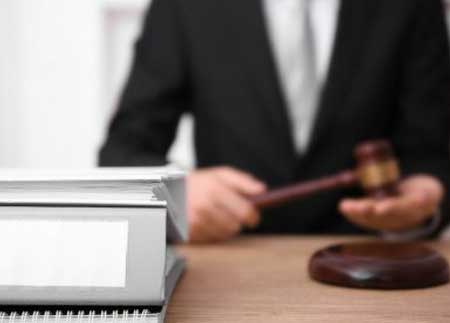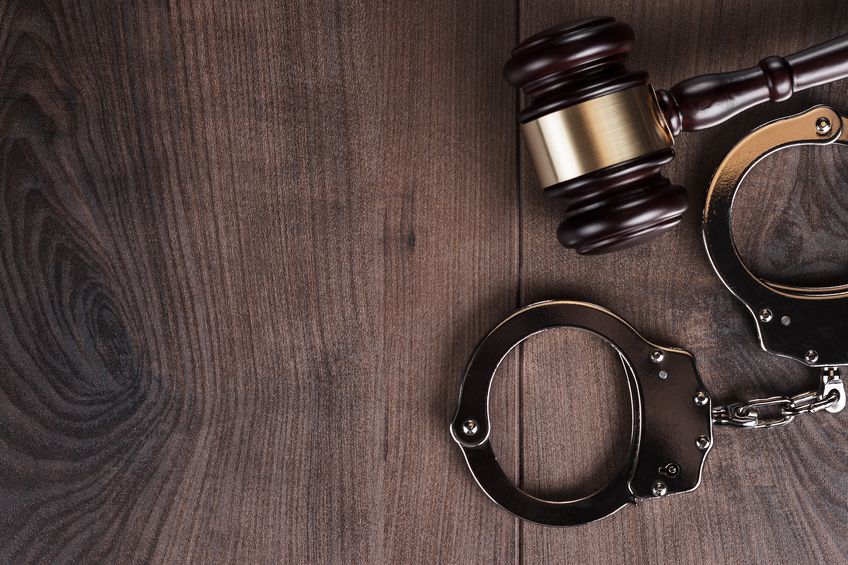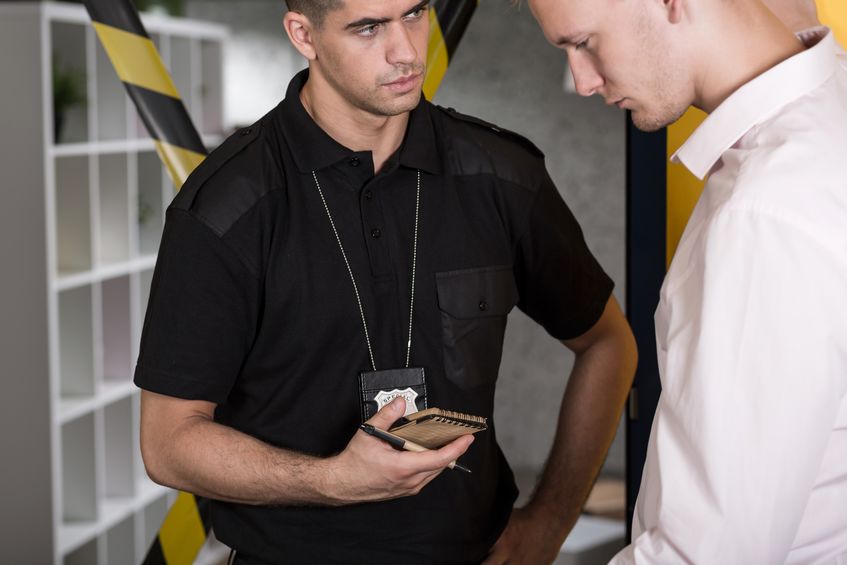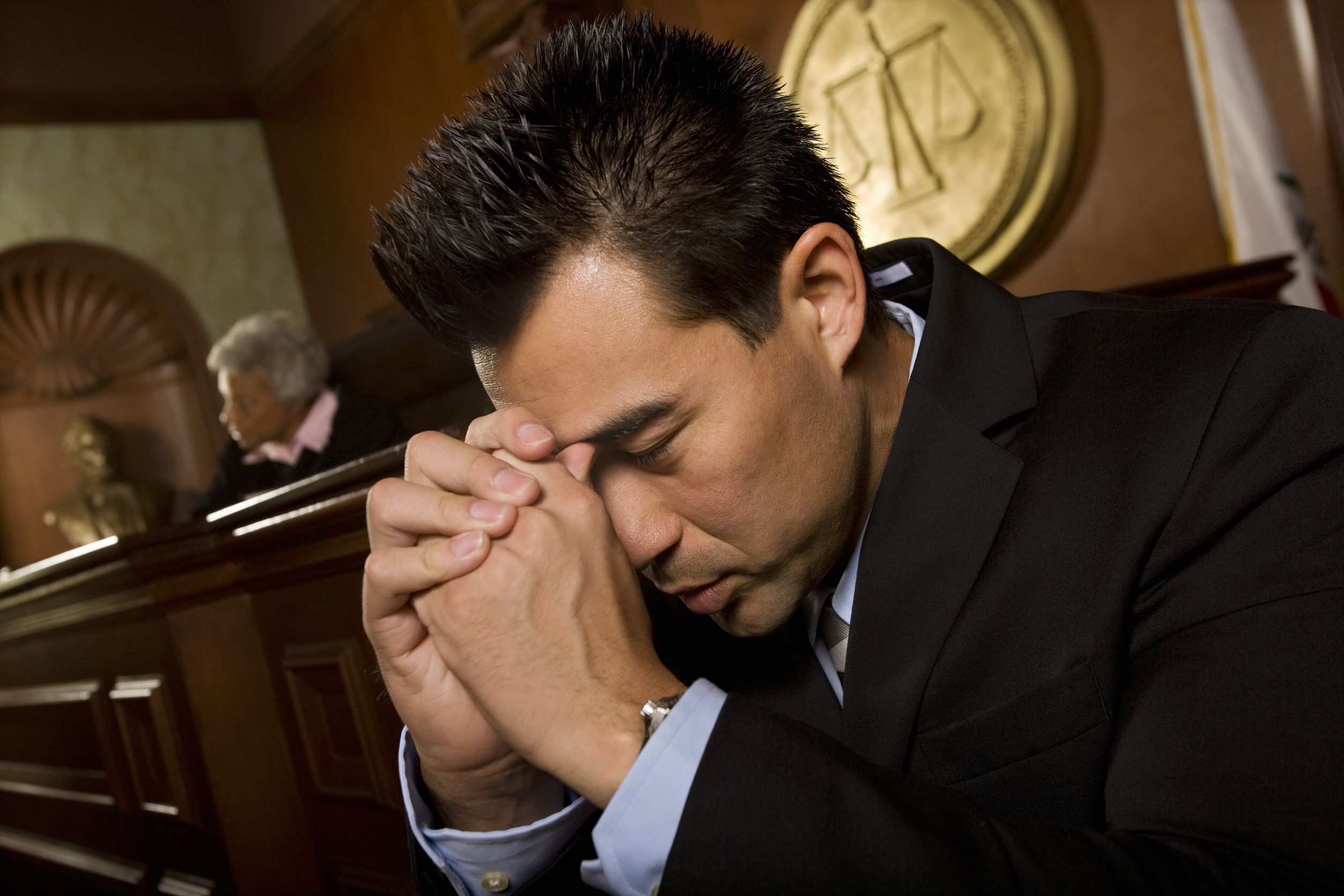Maryland Marijuana Laws & How They Affect You
The laws on marijuana possession are changing. Marijuana was once illegal throughout the entire United States, regardless of state or local law. However, since 1996, 20 states have passed legislation removing state-level criminal penalties for either medical use, small-time recreational use, or both. Lately, there has been a push to legalize recreational marijuana in Maryland.
Pro-Marijuana Advocates In Maryland
Pro-marijuana supporters believe marijuana legalization in Maryland marijuana laws would provide many benefits to the state’s citizens, including increased tax revenue, new jobs created by marijuana businesses (growers, sellers), and decreased crime rate because marijuana users would no longer need to illegally obtain marijuana.
Anti-Marijuana Advocates Against Cannabis Legalization
Anti-marijuana supporters argue that making it legal, would create more recreational cannabis users and further argue that:
- legalizing marijuana would increase marijuana usage among children and teens,
- create new marijuana users who would have never used marijuana if it was illegal,
- decrease work productivity in users,
- introduce marijuana use to an entire population of people who were previously deterred by the legal risks associated with marijuana possession.
Still An Ilegal Drug Under Federal Law
Nevertheless, marijuana is still considered a Schedule I drug under federal law. This means marijuana is illegal to grow, distribute, or use under federal law.
Maryland marijuana laws differ depending on the county and city you live in so, it’s important to understand that Marijuana is still considered a controlled substance, and that possessing marijuana, even if it’s only for your own personal possession, is still a punishable offense.
Medical Marijuana In Maryland
In May of 2013, Maryland marijuana laws changed to allow seriously ill patients with certain qualifying conditions to legally possess marijuana for medical purposes (medical marijuana). The law allows marijuana users to register at a dispensary and receive medical cannabis (marijuana) from the dispensary.
Maryland’s Medical Marijuana Program
The Department of Health in each Maryland county can determine which illnesses qualify for medical cannabis use in their respective counties. For example, in Baltimore County, marijuana can only be used for glaucoma and cancer. In Harford County, marijuana can only be used for Crohn’s disease or the treatment of a chronic or debilitating medical condition that produces wasting syndrome, severe pain, severe nausea, seizures, or persistent muscle spasms.
Legal Medical Cannabis Registration
In order to register as a medical marijuana user in Maryland, a marijuana user must go to a dispensary and complete an application form. The marijuana user will then have the marijuana caregiver submit the application for medical marijuana to the Department of Health in their county.
Once approved, medical marijuana users can possess up to a thirty-day supply of marijuana at any given time if they are not registered with a marijuana dispensary.
Registered marijuana users can possess up to a ninety-day supply at any given time, depending on the state-approved marijuana dosage amount for each patient.
Maryland Marijuana Laws For Marijuana Dispensaries
Maryland marijuana law allows each county to decide whether or not to allow marijuana dispensaries (dispensaries) within the county. Currently, Baltimore County forbids marijuana dispensaries.
Maryland Marijuana Penalties and Criminal Charges
Marijuana users who are caught in possession of marijuana without a medical marijuana card will be sentenced to up to 90 days in prison or a fine. Marijuana Possession
Criminal marijuana possession charges are punishable by up to one year in prison and/or a fine of up to $1,000. If the marijuana user has marijuana packaged for distribution purposes, marijuana possession is punishable by up to five years incarceration and/or a maximum fine not exceeding $5,000.
First Offense (less than 10 grams marijuana)
- Unlawfully using or possessing marijuana (Maryland marijuana laws do not allow marijuana to be used for any reason other than medical purpose. This is punishable by up to 90 days in prison and/or a fine of up to $500.)
Second Offense (10-49 grams marijuana)
- – marijuana use or possession (punishable by up to one year in prison and/or a fine of $500)
- marijuana distribution charges (punishable by up to three years incarceration and/or a maximum fine not exceeding $25,000).
Third Offense (50 grams or more marijuana)
- marijuana distribution (punishable by up to five years incarceration and/or a maximum fine not exceeding $50,000).
- marijuana sale (punishable by up to 15 years incarceration and/or a maximum fine not exceeding $15,000)
- marijuana cultivation (punishable by up to 20 years imprisonment and/or a maximum fine not exceeding $100,000).
When dealing with any type of criminal offense, even one like Marijuana where you feel as though the consequences will be small, it is absolutely vital to get informative and accurate advice from a criminal defense lawyer. Contact Britt Criminal Defense for experienced Marijuana Criminal Charge Defense today.
